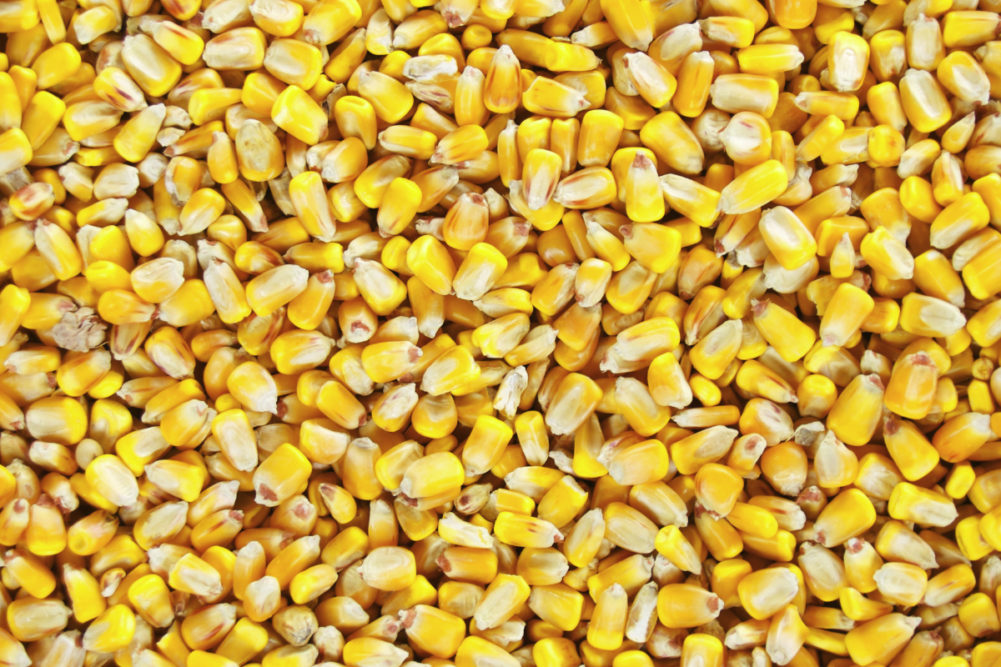PRETORIA, SOUTH AFRICA — South Africa is anticipated to remain a net exporter of corn in the 2023-24 marketing year following adequate rainfall in most of the corn-production areas in the country’s eastern region, according to a Global Agricultural Information Network (GAIN) report from the Foreign Agricultural Service (FAS) of the US Department of Agriculture.
The FAS projects South Africa will harvest 15.8 million tonnes of corn in the marketing year (May 2024 to April 2025) and export 3 million tonnes, unchanged from its previous forecast, but down from 17 million tonnes produced and 3.8 million tonnes exported in 2022-23.
“The corn crop of 2022-23 is South Africa’s second largest on record, which means that South Africa’s five largest corn crops were produced in the past seven years, driven mainly by improved yields and favorable weather conditions,” the FAS said. “The bumper crops place South Africa in a position to maintain export markets.”
Drier conditions in the North West province, which on average produces 17% of the nation’s total corn crop, will hamper production in the province, although its impact on the country’s overall harvest only will become clear during the next few months.
South Africa will continue exporting corn to countries where it has a competitive price advantage, including neighboring countries, especially Zimbabwe. South Africa’s corn exports to Zimbabwe surged by more than 300% over the past three months. The FAS estimates that Zimbabwe will have to import at least 450,000 tonnes of corn in 2023-24 after production fell short to meet local demand.
Ending stocks for South Africa are projected to increase by 26% to 2.5 million tonnes in 2022-23 on higher local production. However, stock levels are expected to fall back to levels of about 2.1 million tonnes in 2023-24, equaling about eight weeks of commercial utilization.
The FAS maintained its previous estimate and forecast for commercial demand for corn in South Africa in 2022-23 and 2023-24 at 11.7 million and 12 million tonnes, respectively.
Lackluster economic growth over the medium term is seen hindering significant investments to expand the capacity of the broiler and feed manufacturing industries in the near term, making a major upsurge in feed demand for corn in South Africa unlikely, the FAS said.





